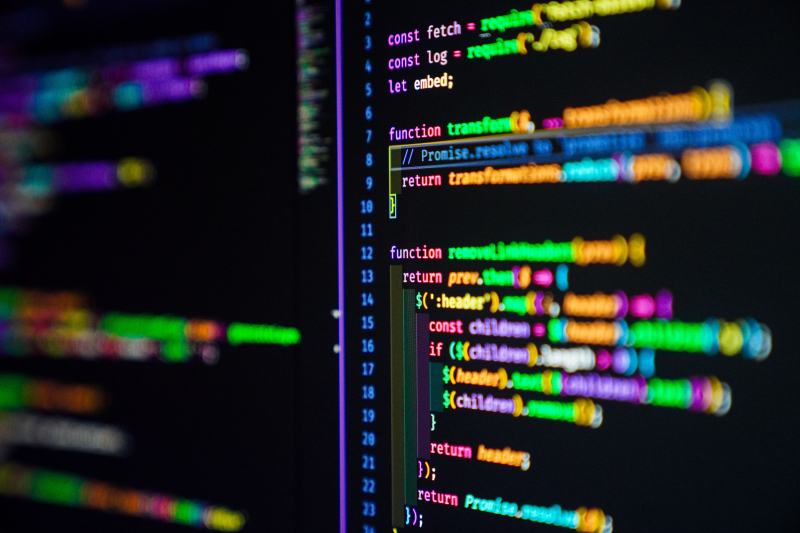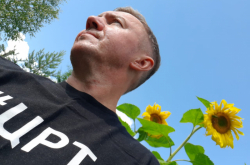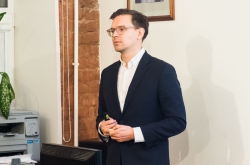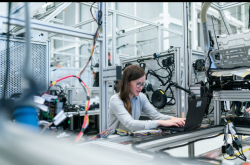About the conference
Held annually since 1995, Dialogue is one of Russia's largest and oldest scientific conferences in its field and also, as noted by the organizers, the world's leading forum on the challenges of computer analysis of the Russian language.
The conference has two aims: the practical is to solve a wide-range of problems relating to natural language processing; the scientific aim is to generate theoretical and linguistic knowledge. The event brings together specialists to discuss the issues of computational linguistics that exist in all stages of solution-making: from conducting linguistic research to developing an end-product. Particular attention is paid to the issues of modeling, analysis, and design of computer-aided technologies in the Russian language.
The event offers several sections, one of which is Dialogue Evaluation, which includes a series of competitions for students. This year, the conference held four wide-ranging contests: Automated Text Detoxification (RUSSE Detox), Artificial Text Detection (RuATD), Argumentation Mining (RuArg), and Nested Named Entity Recognition (RuNNE).
ITMO students’ successes
Students from ITMO University presented their solutions within the RuATD section, which consisted of a binary and a multiclass track. While the task of the first track was to determine whether the given content was generated by a computer or a person, the second one asked participants to identify which model generated the information. Acting individually or as part of a team, participants were allowed to use additional materials and use pre-trained models but not ready-made online solutions.
Among the participants were students from Information Technologies and Programming Faculty: Pavel Posokhov, Stepan Skrylnikov, and Kirill Apanasovich. Although the participants took part in both tracks, they focused more on the multiclass track. Each team member presented their solution individually. As a result, Pavel Posokhov took the first place in the multiclass track and the ninth place in the binary one; Kirill Apanasovich earned a respectable 11th place (out of 30) in the latter.
“The computing resources we used were kindly provided by Speech Technology Center, one of our program’s partners, so we didn’t have to worry about the quantity and quality of our hardware products or waiting forever while models were trained. The three of us collaborated together, but I wouldn’t call what we had teamwork, but rather an internal competition that made it even more interesting for us. Our section was well organized, and I enjoyed the competition a lot,” shares Pavel Posokhov.
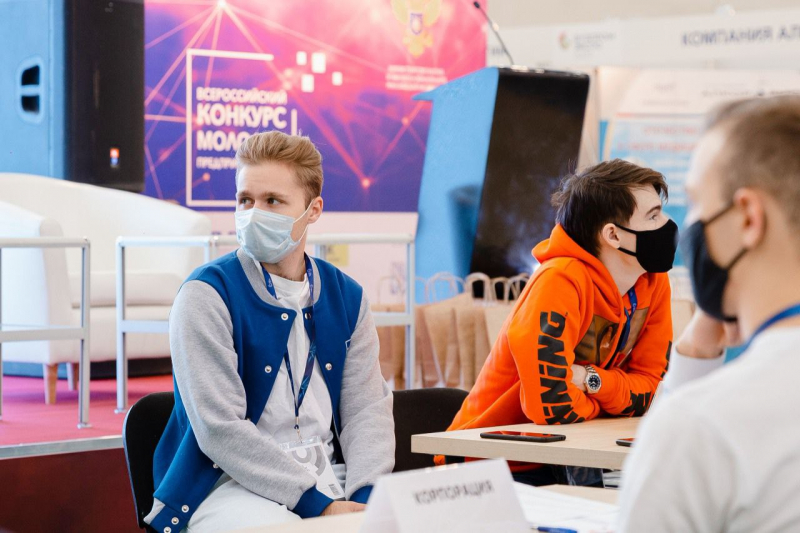
Pavel Posokhov (left). Photo courtesy of the subject
Where to study natural language processing and not only
Speech Technology Center is a long-time partner of ITMO University. The university’s Master’s program in Speech Technologies and Machine Learning is implemented with the support of the Center. The program trains students in machine learning, voice biometrics, speech recognition and synthesis, as well as natural language processing.
The program provides students with opportunities to intern at the center and participate in the university's various projects, including ones conducted as part of the 2030 Development Strategy. Majoring in speech technologies and machine learning, soon-to-be professionals will be able to design and implement speech-based and biometric information systems at various enterprises and major research centers. They can pursue their future careers, for instance, at one of the center’s companies, at SberBank, or at ITMO's Research Center “Strong AI in Industry.”
The AI Research Center creates technologies that can perform creative tasks usually performed by humans, including those related to complex management decisions and design of industrial sociotechnical systems, says the center’s chief researcher Alexander Boukhanovsky. This goal, though, can’t be achieved without structured data on the behavior of people involved in the technological processes of the enterprise. As such data is hard to obtain, specialists actively refer to speech analysis technologies and other biometric characteristics.
“Speech-based and biometric AI technologies are extremely competitive sectors which require a lot of time and effort from professionals if they want to make any breakthroughs. And their possibilities are limited here. However, our center provides a platform for synergy between these and other AI fields, thus making it possible to tackle more complex challenges, say, not only to recognize speech and evaluate a person’s psycho-emotional state but also to determine how badly this state can affect the quality of their performance,” stresses Alexander Boukhanovsky.
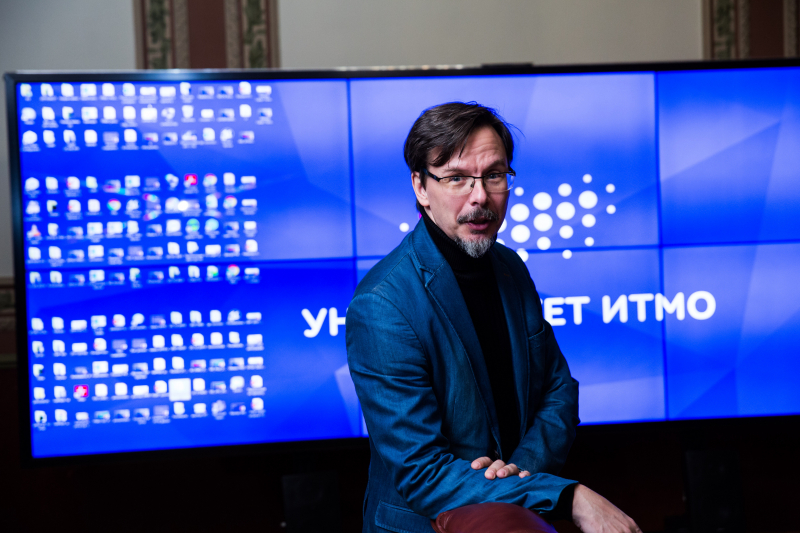
Alexander Boukhanovsky. Photo by Maria Bakina / Megabyte Media
